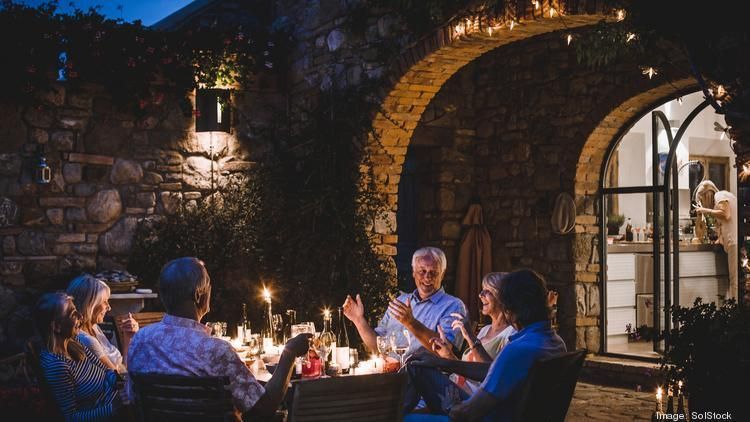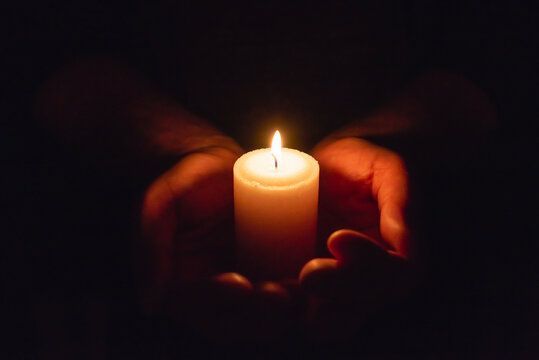It was 2010
when I went as a parent chaperone on my older son’s 8th grade field
trip to Washington, D.C. The trip was supposed to be educational, and it was.
The group size required we take two
chartered buses, and the school prescribed that all the girls sit on the righthand
seats while all the boys sat on the lefthand seats. Before we could leave the
parking lot, the boys started talking and the girls got on their phones.
Maybe I
shouldn’t have been surprised. On the one hand, I have only sons as children so
the girl-world is a bit foreign to me. But even my son noticed and made a
comment to me. On the other hand, I had
begun following Jonathan Haidt around that same time, and as a social
psychologist at the University of Virginia (he’s now at the New York University
Stern School of Business) he was making public some very interesting observations.
One of those
observations is that both boys and girls are violent, just that they express
their violence differently. Generally speaking, when boys get upset with each
other they fight it out physically on the playground and settle things that
way. When it comes to girls, their violence against each other is generally
expressed through exclusion.
In C.S. Lewis’s
talk, “The Inner Ring,” originally given to college students, he puts it this
way: “It is tiring and unhealthy to lose your Saturday afternoons, but to have
them free because you don’t matter, that is much worse.” Indeed. For
a current and dramatic example of this, look no further than the University of
Alabama (UA).
I was not
aware until recently that there’s a serious rival to football at UA. It so happens
that UA sets the benchmark for universities who recruit out of state students. As
they do with football, UA has student recruiters who scour the country looking
for mostly white affluent kids at the top ranked high schools. Forget qualified
local kids; out of state kids bring in more money.
If you’re privileged
enough to get on campus, you then face next level Inner Ring pressure.
Especially if you’re a girl. In her documentary, “Bama Rush,” director Rachel
Fleit attempts to capture what trying to enter the Ring of sorority life looks
like—what’s called “rush.” Rush at UA consists of four rounds (open house,
philanthropy, sisterhood, and preference) over eight days. The process is
highly competitive with the sororities voting for their top candidates
(referred to as “prospective new members” or PNMs) at the end of each round.
In moments of
candor, girls in the documentary will say things like, “Being in a sorority
will help me figure out the person, like, I want to be because I feel like I
don’t really know who I am, you know?” And, “I have trust issues with people
and I get nervous that people are gonna leave me.” Even, “There are a lot of
things that you’re entitled to when you’re in a top tier sorority. The rankings
come from fraternity boys so the top house has the [it] girls.”
Mature
observers of the documentary say things like, “Rush is a social stratification,
a ritual of power, of status, of prestige.” Rachel, the producer, says, “This
is like something much larger than just rush. This is about belonging.” Outsiders
who gave Rachel feedback on what they were seeing said, “There’s no celebration
of individuality when they’re telling me that they have to dress a certain way
for rush, and their hair has to be a certain way for rush. They have to stand
out but fit in.”
The tears
flow. The desperation rises. The pressure and anxiety are palpable. I was
getting stressed just watching the drama play out. I’d say these girls are in a
sanitized but no less cruel Hunger Game where the value of their personhood
depends on a positive vote from The Machine. In fact, after one of the girls,
Shelby, dropped out of the documentary over the threat of losing her place in
the rush process, Rachel comments, “You know, the desire to belong is so great
that like nothing [such as the filming of this documentary] could jeopardize
that. And the desire to be a part of the sorority system is so great that nothing
could jeopardize that.”
Lewis references
the dreamy longings that go on in the heart of one hoping to be chosen. He also
lays the heart open further when he says, darkly, “I must not assume that you
have ever first neglected, and finally shaken off, friends whom you really
loved and who might have lasted you a lifetime, in order to court the
friendship of those who appeared to you more important, more esoteric. I must
not ask whether you have ever derived actual pleasure from the loneliness and
humiliation of the outsiders after you yourself were in; whether you have
talked to fellow members of the Ring in the presence of outsiders simply in
order that the outsiders might envy.”
It's not just
Greek life on university campuses where the Ring dynamics play out. I can tell
you I’ve been on both sides of the inside/outside fence. I’ve been in group
conversations where I was one of the insiders, where I knew one of the people
in the conversation didn’t have either the same qualification or know the same
people or experience what the rest of us had. And I’m familiar with that twisted
feeling of satisfaction in knowing that I was in and someone nearby was not
quite as in as I was.
But I also
know too well the feeling of being the outsider in other conversations where I
hadn’t gone to the moon like the others had. And I’m familiar with the feeling
of malcontent in knowing that in this life I am, in all likelihood, never going
to own a roadster to fly me into space let alone go to the moon so I could talk
about it. And at that moment, you can feel everyone’s Hunger Game camera turn
away from you to others in the group who’ve made it and seem more than willing
to be in the bright light of attention.
As
Christ-followers, we don’t need to strive and be wracked with anxiety for fear
of being on the outside. There are many examples in Scripture to draw on, but a
current favorite of mine is when Jesus says to his disciples, “Behold, an hour
is coming, and has already come, for you to be scattered, each to his own home,
and to leave me alone; and yet I am not alone, because the Father is with me.
These things I have spoken to you, that in me you may have peace. In the world
you have tribulation, but take courage; I have overcome the world” (John
16:32-33).
We know, in
one sense, that Jesus is the ultimate outsider. He comes to his people, but his
own people reject him. This rejection is a cause for real sorrow and pain for
Jesus, but not to the degree that it devastates or consumes him. He absorbs the
rejection and stays anchored to his identity and calling. Now Jesus forewarns
his followers that they, too, will know the pain of being an outsider—they will
be scattered and face trials for their faith.
But it doesn’t
take physical persecution to make you an outsider. It could actually come while
talking with a group of fellow church-goers who have a Ring they’re in that,
through no fault of your own, you happen to be near the fringe of or even on
the outside of the Ring. It’s at that moment, and beyond, when you feel like
you have nothing to say to the group that you could talk to yourself. Just like
Jesus did.
Say something
like, “I am not alone because my Father is with me. I have everything I need—meaning,
purpose, identity, belonging, security, a future—all in Christ. Even though I’m
a minority, or I possess little in this life, or I disagree with the majority
in some way that gets me excluded, none of that is a comment on my value and
place in God’s family. If I can’t get to the moon, I’m happy for those who can.
I’ll have eternity in the new earth to get to all of that. In the meantime, I’ll
give myself to the things Jesus gives me daily to be a steward of. And that is more
than enough.”
Because Gospel truths are not consolation prizes for
those who come in second or even last—they are the very substance of your life.











